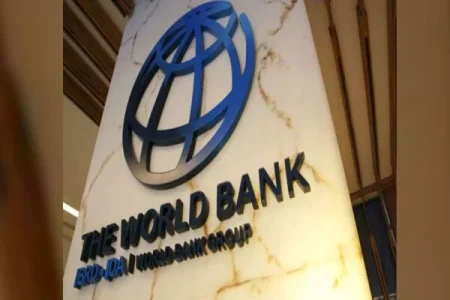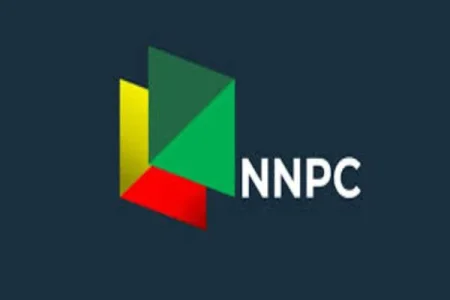
The World Bank has approved a $632 million loan for Nigeria to boost education and nutrition, despite concerns over rising debt. This follows a $500 million loan last week for economic resilience. While officials welcome the funds, critics question the country’s growing debt burden.
The World Bank has approved a $632 million loan to Nigeria, aimed at improving nutrition and education despite ongoing concerns over the country’s rising debt.
According to official records, the loan package consists of $80 million allocated for the Accelerating Nutrition Results in Nigeria 2.0 project, targeting malnutrition and food security, and $552 million for the HOPE for Quality Basic Education for All program, aimed at expanding access to quality schooling for children across the country.
This latest funding is part of the World Bank’s continued efforts to support Nigeria’s development. Just last week, the bank approved another $500 million under the Community Action for Resilience and Economic Stimulus Programme, designed to assist vulnerable households and small businesses.
Despite these financial injections, critics have raised alarms over Nigeria’s escalating debt burden, questioning the government’s ability to manage these loans effectively. Social media reactions reflect skepticism, with many Nigerians questioning the transparency and impact of previous loans.
As Nigeria grapples with economic challenges, the latest World Bank support brings both hope and controversy. While some see it as an opportunity to strengthen key sectors, others fear it could deepen the country’s financial woes.




